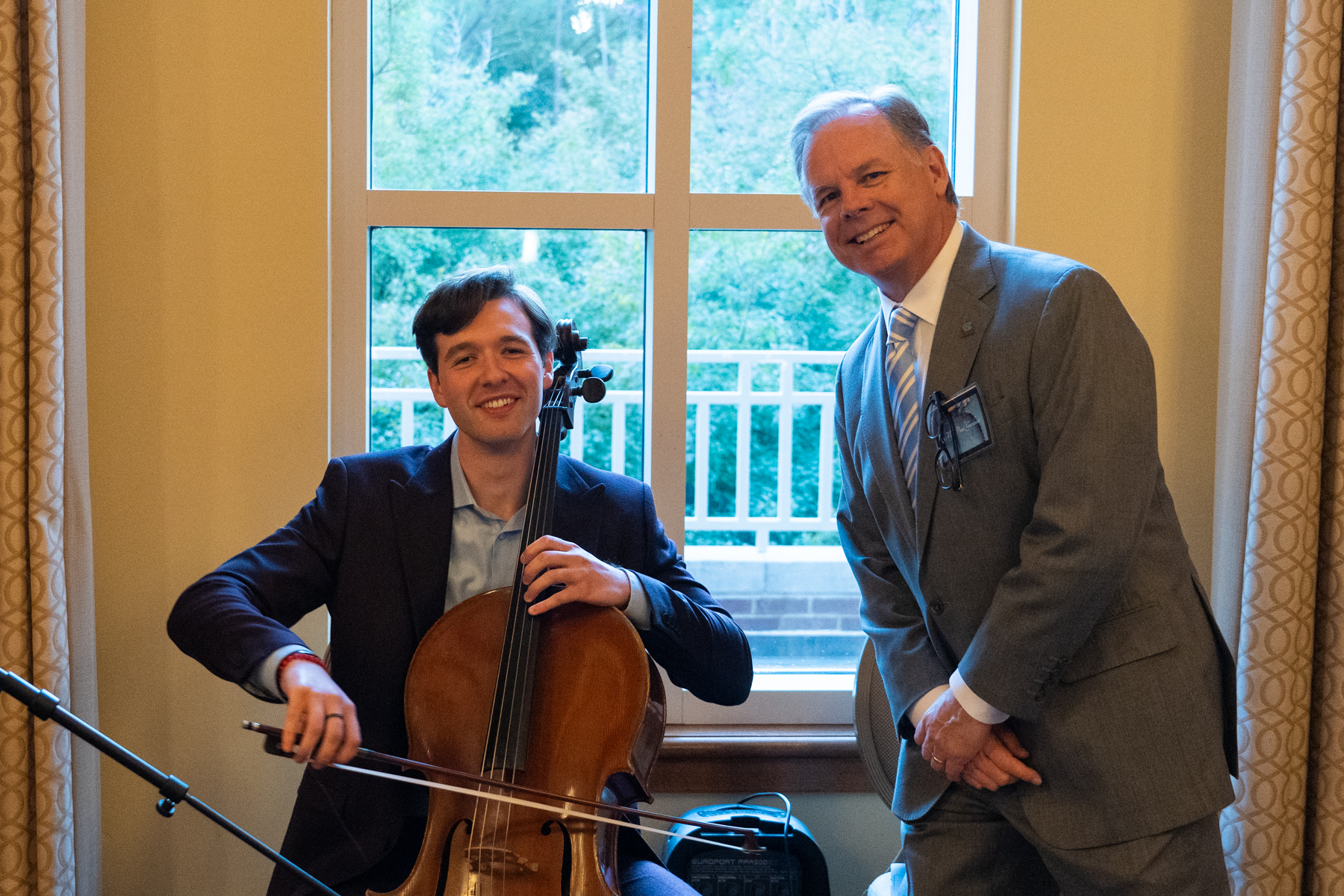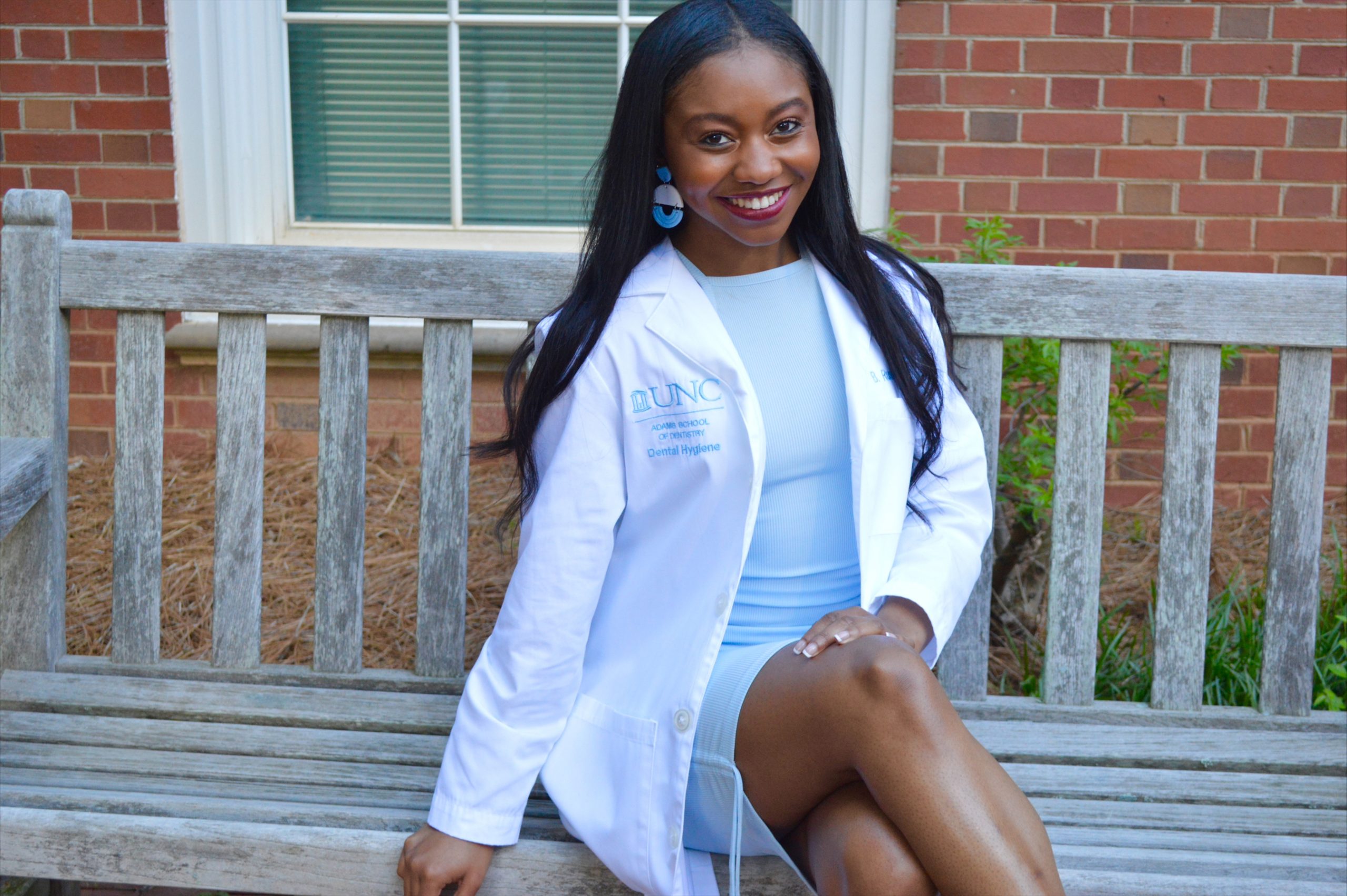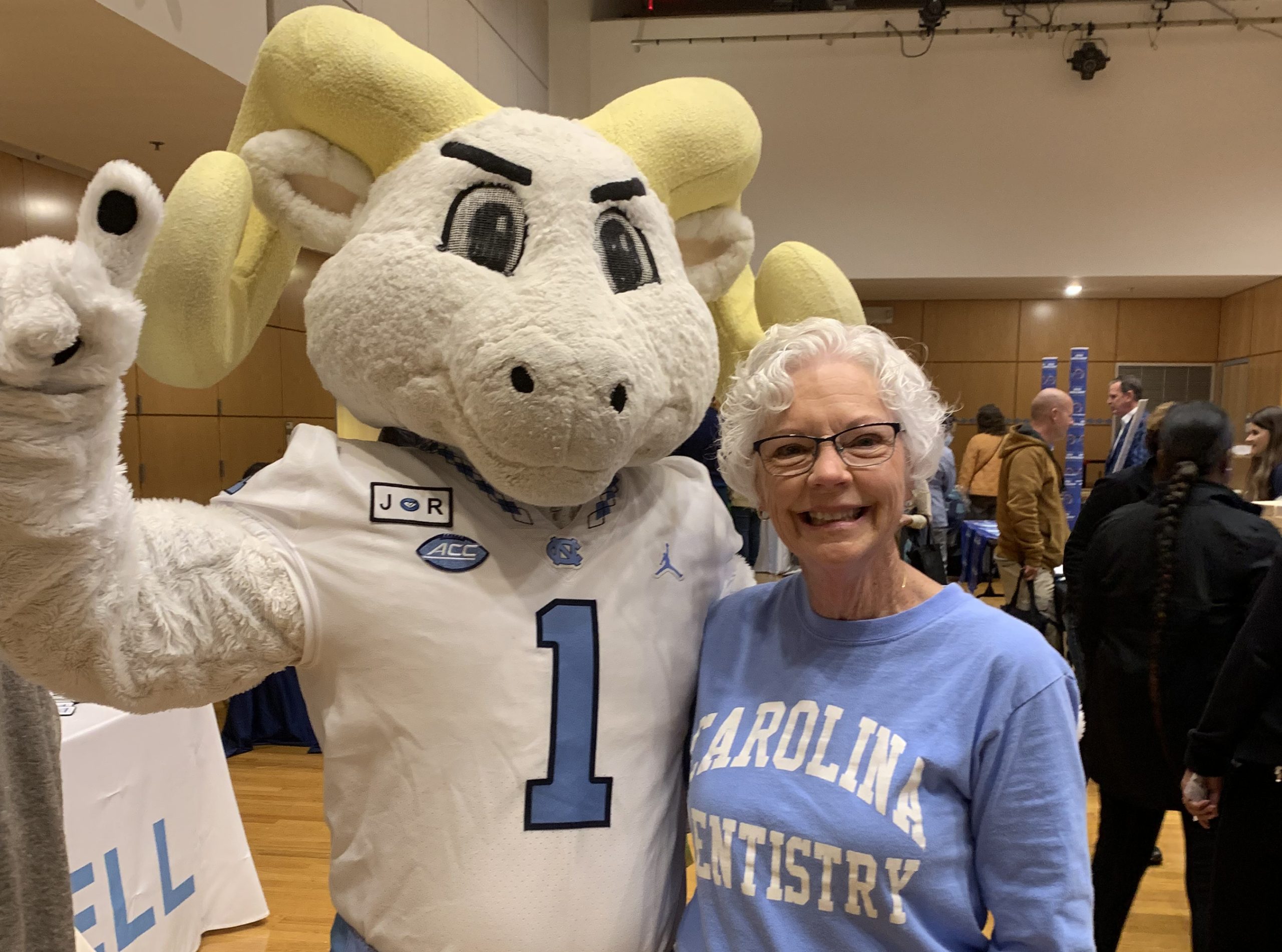UNC Researchers Find Link Between Salivary Proteins and Denture-related Inflammation
In a recent study, UNC School of Dentistry researchers found that some denture wearers may be susceptible to denture stomatitis, or inflammation of tissue beneath dentures, due to a change in the composition of their saliva. These revolutionary findings could lead to a greater understanding of the disease and improve disease treatments. The study was published as an Advance Article in Molecular Biosystems.
The results from the study suggest that denture-wearing patients with and without denture stomatitis express different levels of certain proteins in their saliva. Denture stomatitis is the most common oral health problem reported among the approximately 20 million people in the U.S. who wear dentures, with cases reported at 33 to 50 percent of patients. Researchers found that certain salivary proteins originating from salivary glands combined with a lack of protective proteins are correlated with inflammation, fungal survival and biofilm formation. Further research needs to be conducted to see if these salivary proteins predispose some patients to have denture stomatitis, or if they are actually a result of the disease.
“It was our thinking that the protein compositions of these patients could provide insight and understanding into the pathological process of the disease,” said Dr. Sompop Bencharit, study lead investigator and assistant professor in the Department of Prosthodontics. “The salivary protein compositions of these subjects have afforded us a more complete picture of the disease as well as identifying possible avenues for detection of higher risk patients.”
Further examinations of these proteins are still needed to improve denture stomatitis treatments and ultimately achieve better oral health outcomes for patients with dentures.
Denture stomatitis, often considered an annoyance more than a serious condition, can frequently recur in the same patient and treatment can sometimes be ineffective. The long-term consequence of this inflammation is not clear, but there are theoretical links to bone loss and overgrowth of soft tissue underneath the denture. Both of these conditions can lead to loosening of the denture, making it difficult to make new denture in the future.
Bencharit worked with a number of other investigators on the study, including Dr. Sarah Schwartz and Dr. Jim Carlson, experts in mass spectrometry at the David Murdock Research Institute; Dr. Gary Ross, who conducted SELDI profiling at Bio-Rad Laboratories; Dr. Steven Offenbacher (principal investigator), chair of the school Department of Periodontology; and Dr. Silvana Barros, associate professor of periodontology at UNC School of Dentistry.
This study was partly supported by GlaxoSmithKline, and by the National Institute of Health, as well as the National Center for Research Resources through the North Carolina Translational and Clinical Sciences Institute (NCTraCS) pilot grant.
To see the complete study, please visit
http://pubs.rsc.org/en/content/articlelanding/2012/MB/C2MB25283J.


